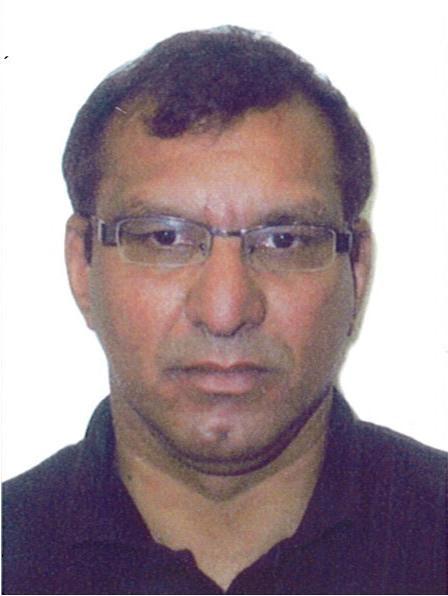 Pakistan celebrated the 134th birth Anniversary of Quaid-i-Azam Muhammad Ali Jinnah, Father of the Nation on December 25.
Pakistan celebrated the 134th birth Anniversary of Quaid-i-Azam Muhammad Ali Jinnah, Father of the Nation on December 25.
The event was marked with reiteration of the pledge to protect the sovereignty and territorial integrity of Pakistan.
A great lawyer, politician and statesman, Mr Jinnah was born in Karachi. He completed his school education at the age of 16 and left for England to study law.
He returned to India in 1896, settled in Bombay (now Mumbai) and launched his legal practice. He joined the Indian National Congress in 1906 but British education, law, culture and way of life influenced him against India’s bid for independence from the British rule.
He became a Member of the Imperial Legislative Council (1906), joined the Muslim League in 1913 and chaired the 1916 annual session in Lucknow.
Mr Jinnah was the main architect of the famous Lucknow Pact signed between the Congress and League, to strike a common ground on self-governance and present a united front to the British Government.
Mr Jinnah and his colleagues demanded home rule, similar to other British colonies such as Australia, Canada and New Zealand.
The then Viceroy and Governor- General Rufus Issacs, the First Marquess of Reading offered him Knighthood in 1925 He refused, preferring to be called, ‘Mr Jinnah.’
In 1927, he drafted the famous ‘14 Point Plan,’ which was rejected by the Congress, leading the Muslim league to believe that majority Hindus will not give a fair share of governance to minorities.
This and other events that were to occur later, were the reasons for the partition of India to establish the Islamic Republic of Pakistan (on August 14, 1947).
The failure of Round Table Conferences in London disillusioned Mr Jinnah. He decided to stay back in Britain to practice law at the Privy Council Bar.
Many prominent leaders, including Sir Agha Khan and Alama Iqbal requested him to return to India and serve the Muslim Nation, which needed a leader of his stature, honesty and vision.
He heeded to their request, returned home in 1934, and began re-organising the Muslim League.
The Pakistan Resolution
The Lahore Resolution (also known as the ‘Pakistan Resolution’) following a three-day meeting of the League held from March 22 to 24, 1940 in Lahore planted the seed for an independent Islamic State.
Following the victory of the Allies in World War II, the Indian Independence Movement gathered vigour, with the Congress and the League winning respectively a majority of non-Muslim and Muslim seats.
Viceroy and Governor-General Lord Louis Mountbatten proposed the division of Punjab and Bengal on religious (later Baluchistan in the North West Frontier Province) to create the State of Pakistan on August 14, 1947.
But fate had its own course. Mr Jinnah suffered from tuberculosis (TB), known only to his sister and a few close associates.
His health deteriorated and following a hemorrhage, he died on September 11, 1948
in Karachi.
Mohammed Ali Jinnah is undoubtedly one of the greatest leaders that the world has seen during the past two centuries.
Pakistanis remember and revere him, a testimony of which is the ‘Mazar E Quaid,’ (National Mausoleum) of the tomb of the Founder of the Pakistani Nation, an iconic symbol in Karachi.






